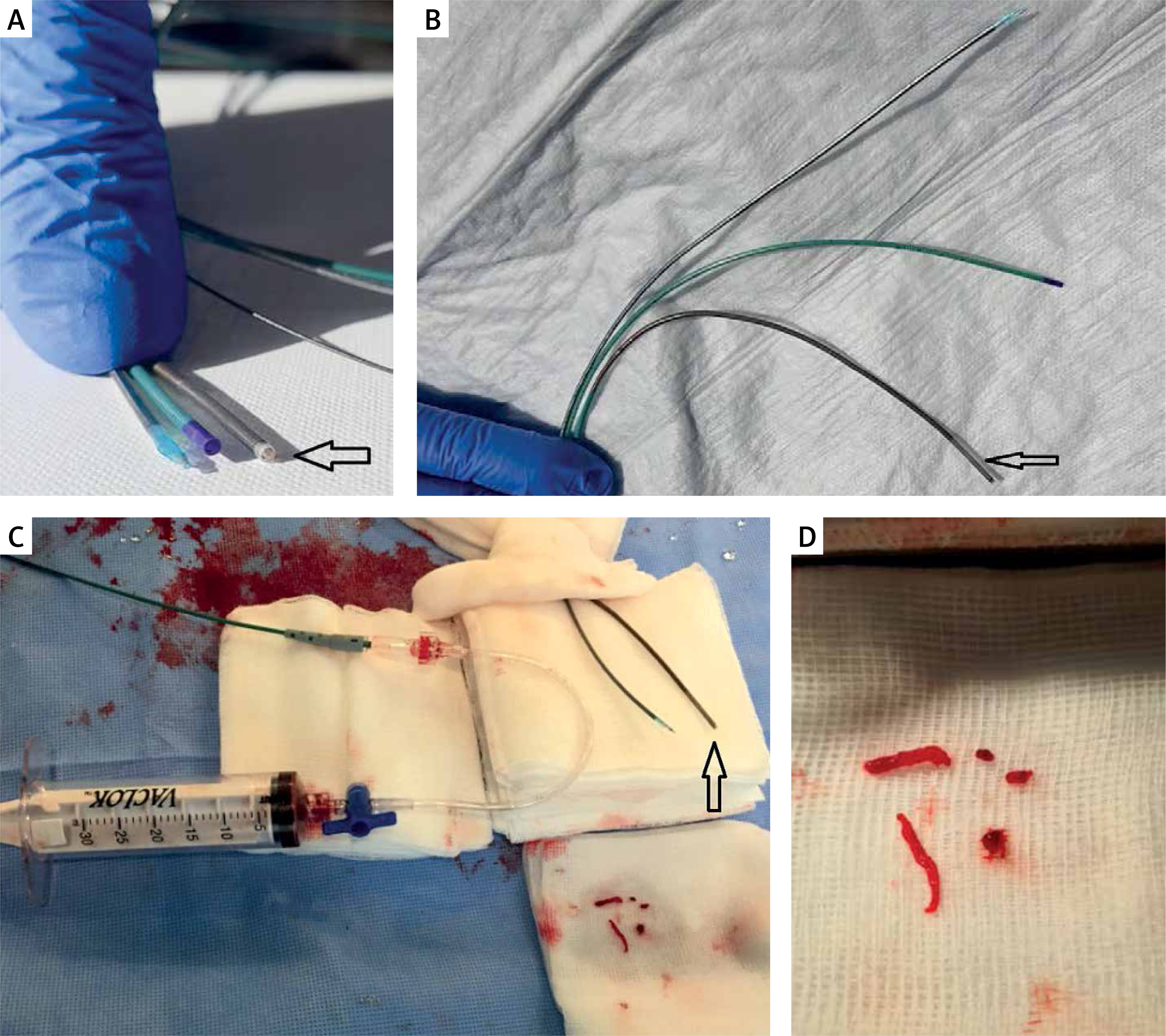
Through its new guidelines, the PNF hopes to encourage corporate interest in concluding a CJIP. The calculation of the AP, in relation to the restitutive part ("RP") of the fine, can now be summarized as follows:ĪP = RP * (1 + increasing factors – reducing factors) In addition, the multiplier coefficients (ranging from 10% to 50% and applied according to the mitigating and aggravating factors above) should be more predictable and more clearly encourage companies to cooperate. The goal is to ensure that the AP remains proportionate to the amount of benefits derived from the breaches. The methods of calculating the afflictive part ("AP") of the fine are thus intended to be more transparent.

Aggravating and mitigating factors are applied in order to assess the afflictive part of the fine. The second, called "afflictive," is punitive in nature and is calculated on the basis of the amount of the benefits derived from the breaches. The first, called "restitutive," is equal to the amount of the benefits derived from the identified breaches.
French guideliner code#
The PNF also provides objective criteria for assessing the fine in the public interest, which must be proportionate to the benefits derived from the identified breaches (article 41-1-2 of the Code of Criminal Procedure). The PNF specifies that companies subject to the provisions of Article 17 of Sapin II are unlikely to qualify for a CJIP if, following an inspection by the AFA, they are found to lack proper corrective measures. This is why CJIPs do not, in principle, cover compensation for damage caused to the Public Treasury. In the case of acts of tax evasion, prerequisites for a CJIP include the recovery by the tax authorities of the evaded duties, interest on late payment, and penalties. The possible modification of the management team and.The rapid adoption of corrective measures to reinforce the effectiveness of the compliance program.The unprompted implementation of an anticorruption compliance program if the company is too small to fall within the scope of application of article 17 of the Sapin II law.


To encourage companies to cooperate, the PNF employs two tools: the authority to offer a CJIP to a company, as the only agency empowered to do so pursuant to articles 41-1-2 and 180-2 of the Code of Criminal Procedure and the ability to determine the amount of the fine in the public interest. By means of a CJIP, the company involved also avoids other possible penalties, including prohibition from carrying out certain activities, exclusion from public markets, and the inability to have securities admitted to a regulated market. A CJIP allows the National Financial Prosecutor to enter into an out-of-court settlement with a corporate entity accused of corruption, influence peddling, or tax evasion in particular, as well as money laundering and related offenses. On January 16, 2023, the PNF published new guidelines relating to the implementation of a CJIP, the French equivalent of a deferred prosecution agreement, instituted by the law known as "Sapin II" (no.


 0 kommentar(er)
0 kommentar(er)
